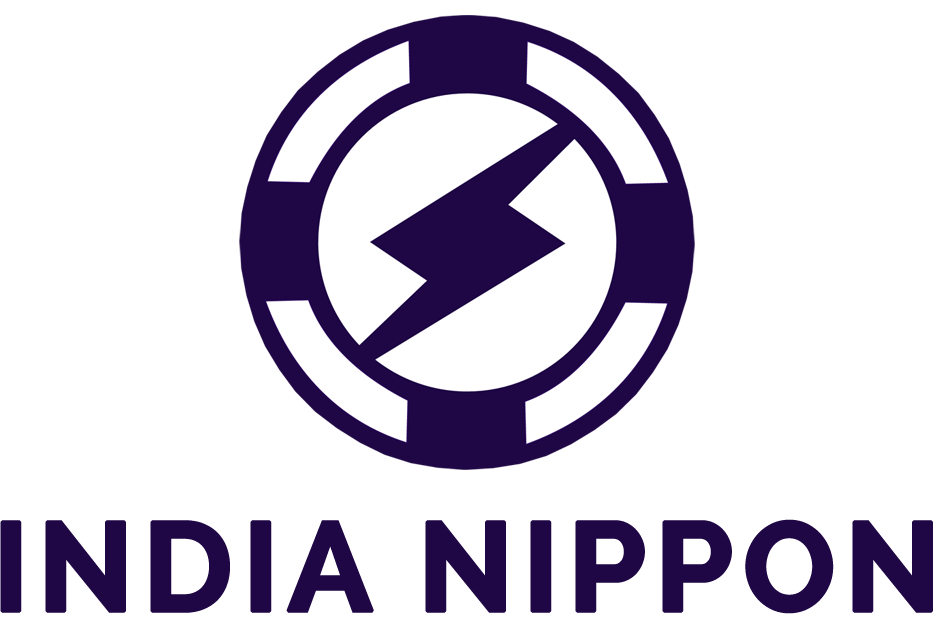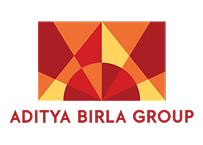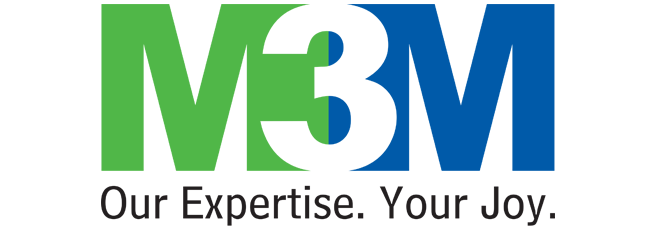What is Japanese Auction ?
Reverse Japanese auctions are popular in procurement because they allow suppliers to secure new business quickly. Instead of competing against one another through competitive bids, these auctions enable participants to compete by submitting their pricing for commodities or services. They are also known as auctions with reverse declining prices.
In a Japanese reverse e-auction, the only information available to suppliers is the price and a clock. The cost of the auction starts high and is gradually reduced over time. As the price drops, some suppliers who can’t achieve the advertised price will “”opt-out”” of the auction. The contract is awarded to the final remaining supplier.
When to Implement Japanese Auction Strategy ?
There are a few situations in which Japanese auctions are most effective. We can list the following among them:
- For instance, when purchasing a rare or customised product, a buyer is searching for a supplier who can provide a single quote. This describes a scenario with little supplier differentiation, and the product is straightforward for potential providers to understand.
- When buyers seek suppliers interested in selling their product or service, they must immediately compile a shortlist of potential providers.
- When a call is very competitive, there are numerous suppliers for each good or service, and their prices are comparable. Since it allows the buyer to purchase at a lesser cost, this scenario is fantastic for Japanese auctions.
- Buyers seek the best deals on many products; even though they may want to acquire various goods and services, they don’t want to overspend on any particular item. The buyer can receive the most incredible prices for everything they are interested in, thanks to this excellent reverse Japanese auction scenario.
- A buyer could have a favored vendor for a specific good or service, but they want to ensure that all potential vendors are somewhat considered. This is known as buyer bias. The reverse Japanese auction can be helpful in this situation by guaranteeing that all interested suppliers have an equal chance to submit a bid for the requested good or service.
- Because there are many different requests, a buyer’s procurement journey is complicated. In this situation, a reverse Japanese auction can aid by doing the more specific, regular procurement duties so buyers can concentrate on the more difficult ones. With less time and effort, customers may still acquire incredible prices for their goods and services.
Benefits of Japanese Reverse Auctions
Reverse Japanese auctions have been used successfully for many different kinds of acquisitions. They offer advantages to everyone participating in the auction, including buyers and suppliers. Reverse Japanese auctions have several benefits for procurement, including:
Increased Supplier Visibility
Utilizing Japanese e-auction software also improves your company’s ability to increase transparency throughout its supply chain by giving them access to more in-depth data about what each supplier has to offer and the origin of each good or service. This makes it simpler for firms to identify any issues early on and prevent any bad press about their vendor sourcing issues.
Increase in Competitive Rates
By decreasing the entrance barrier for businesses regarding pricing, features, and other factors, Reverse Japanese Auctions help purchasers receive more competitive rates for goods and services. This is particularly true when dealing with particular commodities with a lot of supplier differentiation or when a product lacks much information about what each seller has to offer.
Constantly Getting a Good Deal
Due to less competition, buyers and suppliers would benefit because their products or services would be easier and faster to market. Businesses may also benefit from Japanese reverse auctions because it is straightforward to demonstrate that they got the best deal while still getting precisely the characteristics they asked for. It suggests that using Japanese reverse auctions poses no risk.










